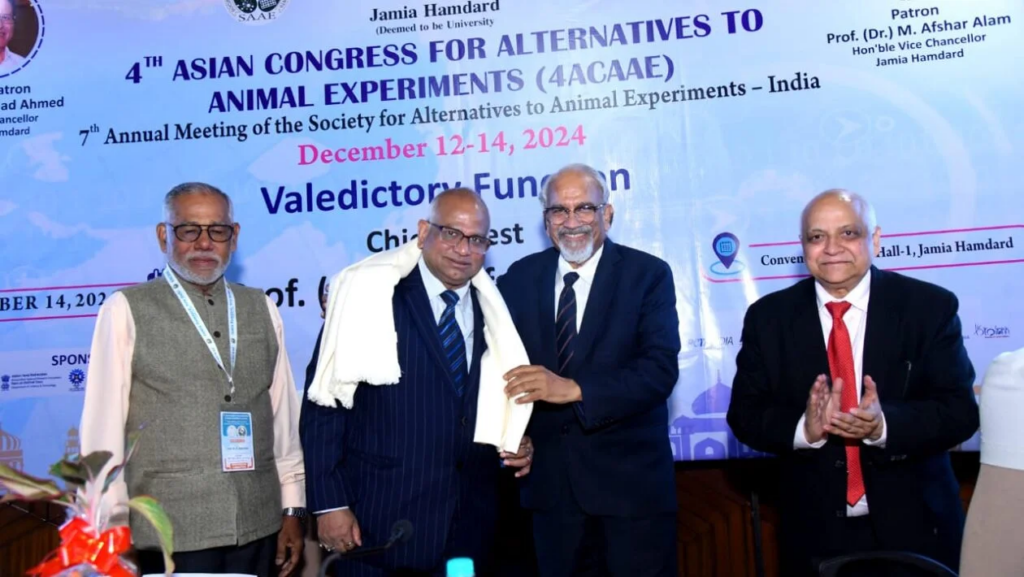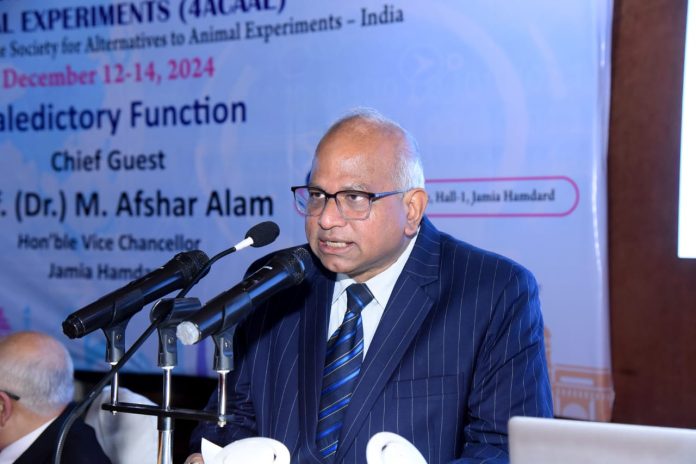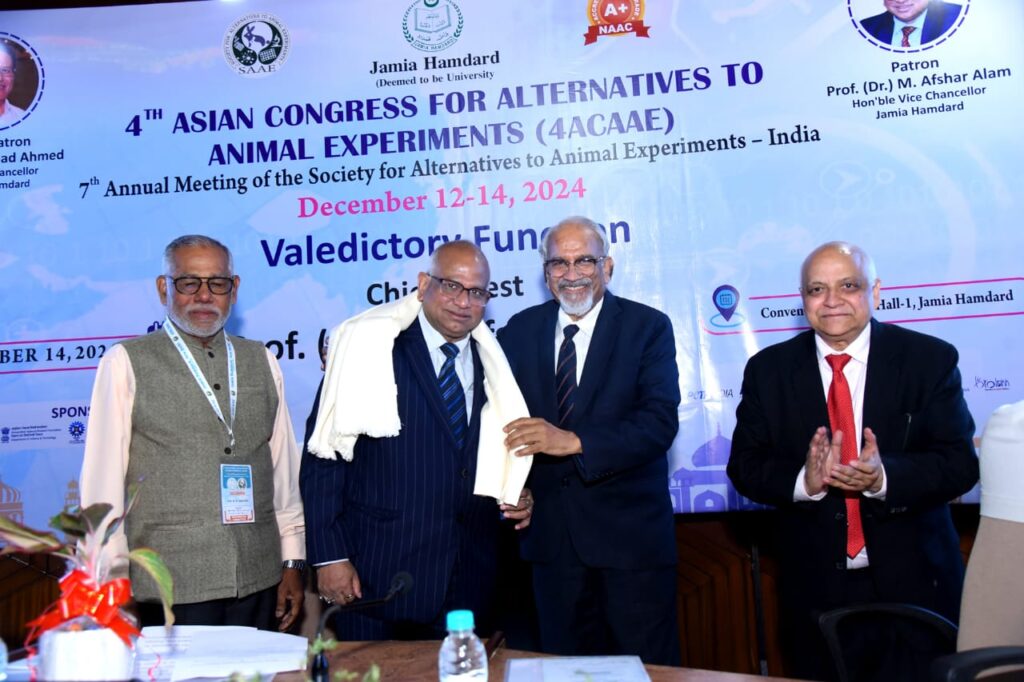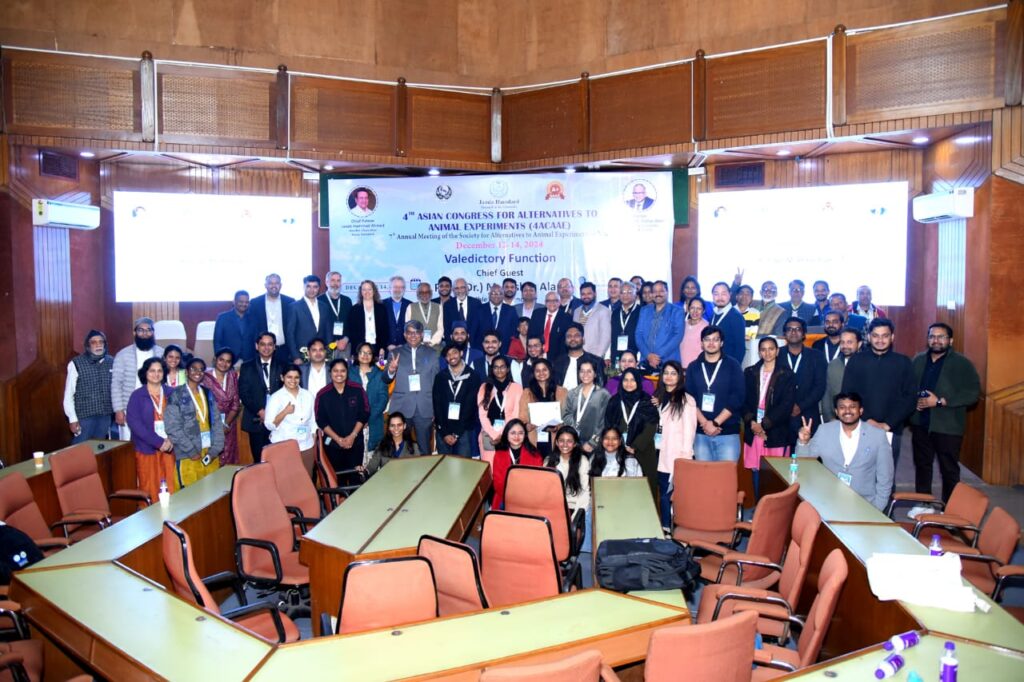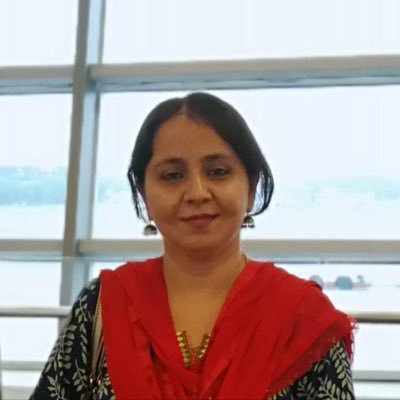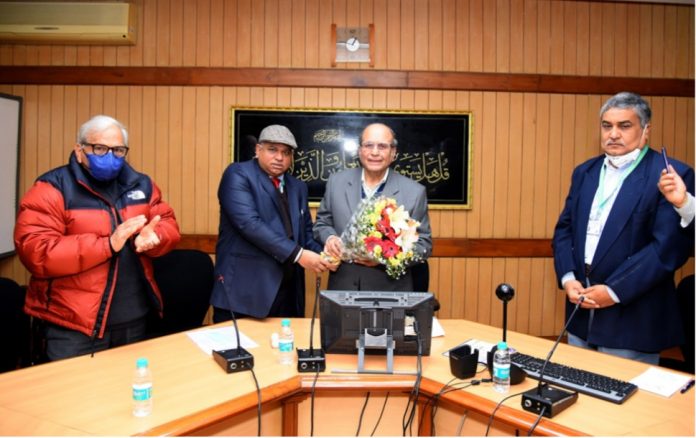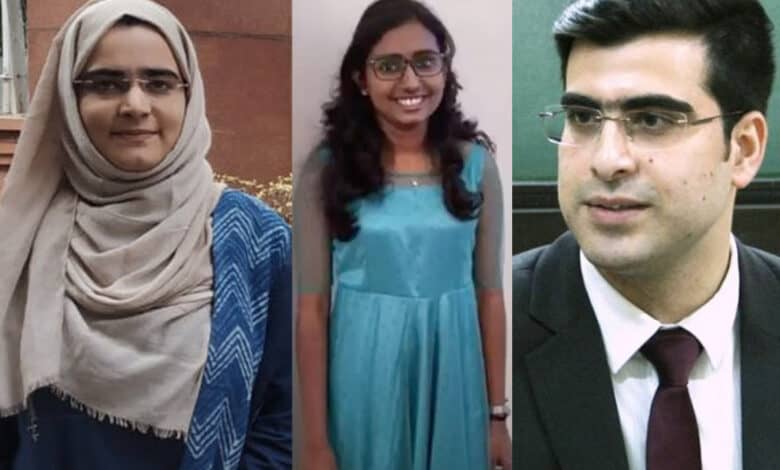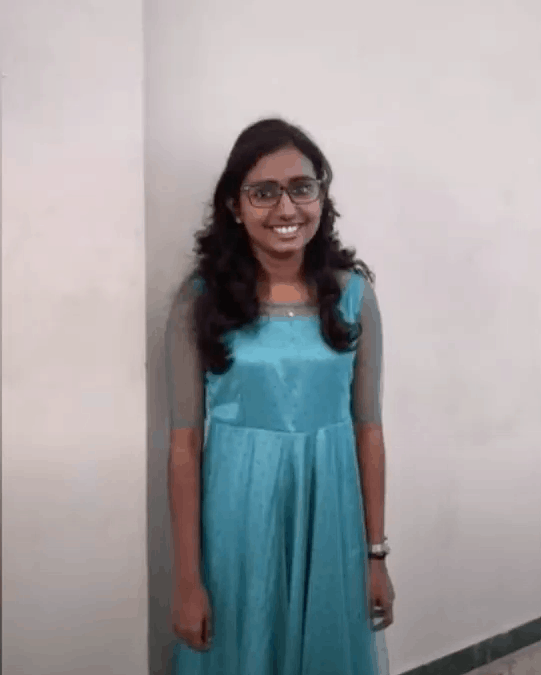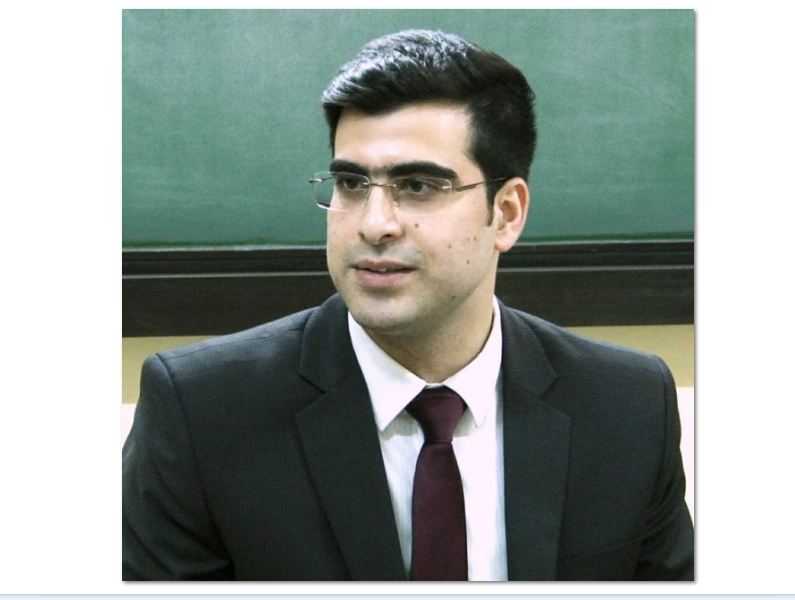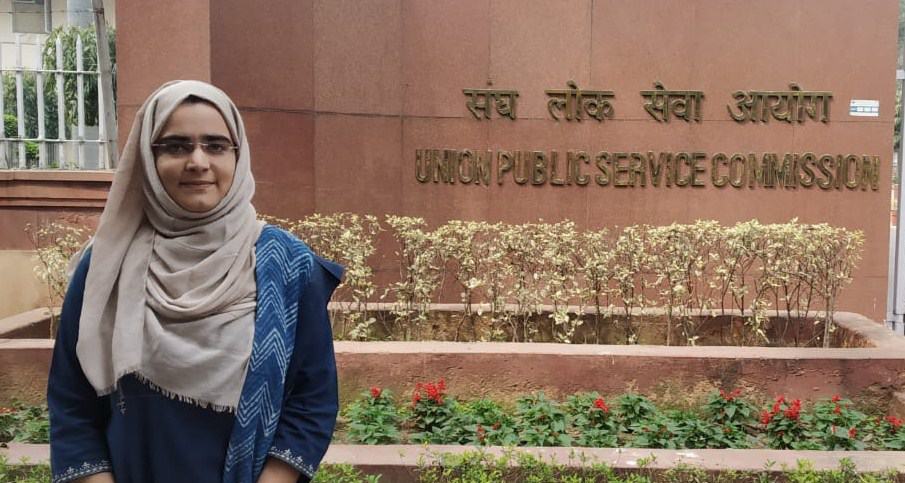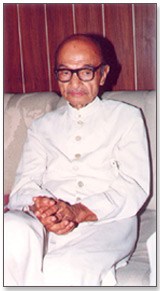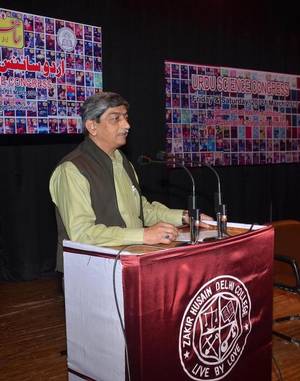Mohammad Aslam Parvaiz likes to describe a process that is a combination of four of his passions — botany, education, philosophy and religion. “The roots imbibe water and nutrients from the soil. The leaf photosynthesises, produces food, retains just enough for its own sustenance and sends the rest to the parts of the tree that need that food. This is the natural world’s law of diffusion — movement happens from the region of high concentration to the region of low concentration. If we see the tree as our community, that is how resources should flow too,” says Dr. Parvaiz, publisher of the magazine Urdu Science.
The first issue was launched at the World Book Fair in New Delhi in 1994. It dealt with AIDS and the myths surrounding condoms. In the last 22 years, the magazine has covered a gamut of subjects including water conservation and the need for a National Water Policy, common ailments and how to prevent them, sex determination, balding, sleep, life on Mars, and animation.
“Science is very effective in feeding the intellectual hunger of young people.Only with knowledge can they think for themselves and learn to analyse the religious scripts that they memorise. Most often it is the children of the poorest Muslims who attend madrasas. With only religious texts to lead them, and if they can read only in one language, how can you expect them to develop their personality and prosper in society?” asks the mild-mannered crusader, at present the Vice-Chancellor of Maulana Azad National Urdu University (MANUU) in Hyderabad.
In the campus, boulders display signages with scientific information and many trees carry their botanical names. “A person will absorb anything that is part of his environment,” he said to the graduate, post-graduate and doctoral students at the inauguration of an Urdu writers’ workshop. As an Urdu-medium student in a madrasa in Delhi, young Parvaiz hardly found any books or magazines in Urdu that could satiate his curiosity. In the Sunday markets of old Daryagunj, he used to find Russian books translated into Urdu, and that is how he discovered Benjamin Franklin. As a high-school student, he set up a science lab in his house. Years later, when he became the principal of Zakir Hussain College, he started a new venture in another corner of his house — Urdu Science.
“Survival depends as much on physical health as on intellectual growth, and sadly, the low potential for growth for poor students in madrasas is a problem across our subcontinent,” he says. An active member of the Modernization of Madrasa Education Project, he says that it is “ironic and tragic that clerics who lead our prayers and teach us about religion and the Koran do not have the means or the knowledge to impart a broad and progressive education. They accept that religious education is not enough, and many of them are now waiting for progressive teachers and educators to come forward and teach at madrasas.”
Having completed a PhD in botany, Dr. Parvaiz started writing in Urdu for Quami Awaz, then edited by Mohan Chirag. Noticing that most Urdu-medium students opted for the humanities, he wanted to popularise science. As a first step, he started a society called the Anjuman Farogh-e-Science, with patrons like Nobel Laureate Prof. Abdus Salam, Jamia Hamdard founder Hakeem Abdul Hameed, and Jamia Hamdard Chancellor Saiyid Hamid. The not-for-profit organisation held its first Urdu Science Congress in New Delhi in March 2015 and the second in Aligarh, this February.
“Urdu was a language of poetry and literature. People of different faiths patronised Urdu. But in those days, and even today, information in the language was very limited. And that is why I started this organisation and this magazine. My wife Shaheen helps me with proof-reading. And now I also have assistance from my colleague Dr. Tariq Nadwi.” Dr. Parvaiz is proud that the magazine has attracted enough Urdu science writers to contribute, and the magazine has so far never had to translate an article from another language. Issues from 2005 are available on the Academia.edu website.
Translation is an important key to dissemination of knowledge, agrees Parvaiz. He is on a personal mission to compile a glossary of scientific words in English, with meanings explained in Urdu. Sharing a slice of history, he says, “Delhi College was started as a madrasa by Ghaziuddin Khan. Here, mathematician Master Ramchandra and Maulvi Zakaullah translated many of the Western scientific texts into Urdu through the Vernacular Translation Society. It was there that I studied and later became the principal. I started Urdu Science when I was there. And I feel very humble that I now head MANUU, the university aiming to promote Urdu.”
A voracious reader of both religious texts and international science, Parvaiz says, “Science helps us interpret the Koran in many ways. And that is as relevant today as it was when the first issue of Urdu Science was launched.”
Mala Kumar is a children’s author, editor and freelance journalist.
source: http://www.thehindu.com / The Hindu / Home> Literary Review / October 15th, 2016
